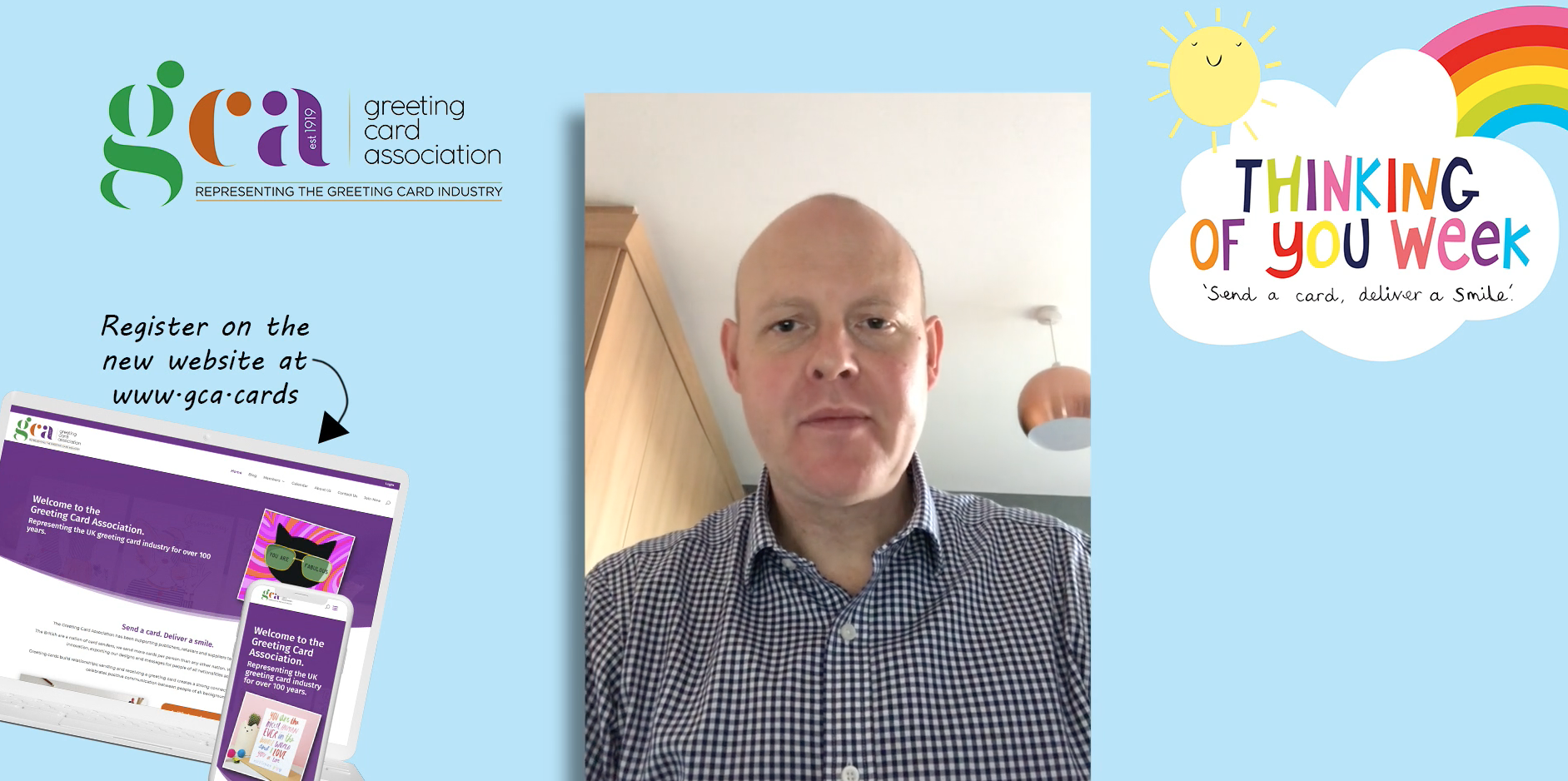Today (November 18), it has been revealed that the UK is recording the highest level of loneliness since the Covid crisis started, meaning that greeting cards have an even more important role to play in helping people to feel connected.
Figures released by the Office of National Statistics (based on a poll of more than 4,000 people from 5-8 November) have revealed a spike in acute levels of loneliness, with 8% of adults believed to be in this category, a rise of 5% since before the pandemic and during the summer.
The research reveals that some 2.6 million adults had not left their home in the previous seven days of the survey. However, it is the younger age groups -16 to 29 year olds – who have been deemed as being twice as likely as the over-70s to be experiencing loneliness.
Talking on BBC Radio 4’s Today programme this morning, Loneliness Minster Baroness Diana Barran said it was important not to underestimate the impact of things individuals could do to alleviate loneliness, such as writing a card, calling a friend or relative or helping a neighbour. “It’s those simple things that make people feel valued,” she said.

It seems that while greeting cards have come into their own during the coronavirus they they are needed more now than ever before.
As Darren Cave, UK Greetings’ commercial director revealed at the recent GCA Conference and AGM, there is a high consumer engagement with greeting cards, with nine out of 10 of UK adult consumers having purchased a greeting card in 2019, according to findings from research commission by the greeting card publisher. And, as he highlighted this percentage is even higher among the younger generation.

“Very high levels of participation are seen in the younger generations, particularly Gen Z (18-24 year olds), with 96% of respondents saying they had purchased a greeting card in the last year – despite the influences of social media,” underlined Darren, feeling that the results show that youngsters really do appreciate the tangible connection that receiving a greeting card brings.

- The government has recognised that the pandemic has caused a rise in loneliness. The Department for Digital, Culture, Media and Sport has set up a £5m fund to award grants to charities and local groups to tackle the issue.
Top: The shorter daylight hours on top of the pandemic has seen loneliness reach a new peak.
























